Welcome. Common Sense and Whiskey a short, sharp, once a week look at the world out there.
Among the topics this week, the non-summit on the Bosphorus, a quick reminder of Turkish politics and how politics and Trump family business mix in the Balkans. We’ll also gaze in awe upon the decisive leadership of the European Union.
If you find any insights here, please consider subscribing to Common Sense and Whiskey. It would be great if you could contribute, but there are no paywalls here. You can always read the whole thing.
Let me know what you think.
Let’s go:
PUTIN, BACKED INTO A CORNER, DISAPPEARS AGAIN: Ukrainian President Zelenskyy had Russian President Putin backed up against the wall most of this week, until American President Trump bailed him out. That sort of thing happens these days.
Zelenskyy did a fine job of calling Putin’s bluff at the beginning of the week by accepting Putin’s call for peace talks in Istanbul, then declaring he’d be there himself, then challenging Putin to attend, too, then inviting Trump who, never one to decline a spectacle, made noises like he might be there. Then on Tuesday Zelenskyy’s chief of staff, Andriy Yermak, said in a statement ““If Vladimir Putin refuses to come to Turkey, it will be the final signal that Russia does not want to end this war, that Russia is not willing and not ready for any negotiations.”
It was a sign of just how knocked off his game Putin was that by late Wednesday evening, with the talks scheduled for Thursday and US envoys Witkoff and Kellogg already dispatched to Türkiye, all Kremlin spokesman Peskov could do was issue generic “we are committed to peace” type declarations. Zelenskyy declared he would fly to Ankara on Thursday to meet Turkish President Erdoğan and wait to see if Putin decided to join them. Through midweek it was all well played by the Ukrainians.
The Russian president seemed to be caught and unable to decide what to do, frozen in one of the periodic paralyses he is known for. Two examples:
• In the first summer of Putin’s first presidential term, in August, 2000, the nuclear submarine Kursk sank in the Barents Sea during a naval exercise, killing all 118 aboard despite other countries’ offers to help in the rescue mission, all of which were declined. Putin remained on vacation in Sochi for days, making no statement, and was brutally criticized as being cold and aloof.
• When the most prominent opposition leader of his day, young former Nizhny Novgorod Governor and Deputy Prime Minister Boris Nemtsov was assassinated, shot in the back from a van while walking home from dinner across a bridge adjacent to the Kremlin, Putin ordered an investigation—then remained largely silent and out of the media for days. Eventually a few Chechen suspects were identified but no convincing motive was ever established, leading many, like me, to suspect Kremlin involvement.
So it looks like Putin avoids media when he’s stressed over making a decision, and he vacillated the first half of this week over this one. The Kremlin said it would decide who would attend the talks in Türkiye on Wednesday night, throwing all parties’ timetables, to the extent there were any, into disarray.
After first proposing direct negotiations in Turkey “without any preconditions” on Sunday, in the end Putin declined to attend, as most expected. Some Putin critics and Ukraine supporters dismissed the delegation Moscow sent, calling them junior officials, but they are in fact a medium serious list of deputy ministers and former negotiators:
Vladimir Medinsky led Russia's delegation to the 2022 Istanbul talks, shortly after the war began, and those talk proved inconclusive. An ideologue, Medinsky is thought to have ghostwritten Putin's 2021 essay titled "On the Historical Unity of Russians and Ukrainians," used to broadly justify the war.
Alexander Fomin is Russia's Deputy Defense Minister, who also participated in the early talks. The other two main Russian participants were Mikhail Galuzin, Deputy Foreign Minister, whose portfolio is primarily Asia-Pacific affairs, and Igor Kostyukov, head of Russia's military intelligence agency, the GRU.
The choice of Medinsky and Fomin seems to have been calculated for domestic use. The idea is that by sending part of the 2022 delegation, the Kremlin could tell Russians that these were nothing more than a mere continuation of lower level consultations, not something fit for the leadership to attend.
In the end the talks lasted under two hours and produced, most notably, a prisoner swap.
•
While Putin acted spooked at the prospect of meeting Zelenskyy and potentially Trump in Istanbul this week, European diplomacy didn’t exactly shine in comparison. The Europeans had gathered in Kyiv last weekend and issued a tough-guy ultimatum to Moscow threatening more sanctions if Putin didn’t do their bidding by agreeing to an immediate 30 day ceasefire by last Monday night.
Putin ignored them, the brand new German leader, the French, British and Polish leaders wavered, Donald Trump demanded a meeting in Istanbul this week and by Tuesday, the Europeans were already backtracking on their ultimatum, waiting to see what would happen in Istanbul at the Dolmabachçe Palace by the Bosphorus.
By today, Friday Chancellor Merz was still threatening and Donald Trump had flicked the Europeans aside by saying nothing would happen until he and Putin met. It all made the august European leadership look like a Coalition of the Hapless.
After threatening sanctions since last weekend, a Friday headline was still threatening:
In the end the European leadership looked foolish, Vladimir Putin had again emerged unscathed and Donald Trump had, as usual, made it all about him. You could be forgiven for suspecting Donald Trump had Vladimir Putin’s back.
Whether that’s true or not, one other note: Merz has already learned how European leaders must address the American president. On his election night, February 23rd, Merz declared his “absolute priority” was to strengthen Europe in order to “really achieve independence” from the U.S. But on his first trip to NATO headquarters as Chancellor a week ago, Herr Merz declared that “America is indispensable for Europe’s security today and for a long time to come.”
•
Hapless as the European effort looked this week, it’s all in the service of one simple goal that’s obvious to everybody except the Donald Trump and company—to prevent Trump’s all-consuming need for a Moscow Trump hotel and trade deals, trade deals, trade deals from enabling Russia’s naked aggression against Ukraine.
•••••
TURKISH POLITICS: While the spotlight shines on Türkiye, let’s remember that back in March, Ekrem İmamoğlu, the Mayor of Istanbul and his country’s leading opposition figure, was arrested by Turkish police on a bunch of fanciful charges including corruption, extortion, bribery, money laundering, and alleged support for the Kurdistan Workers' Party (PKK). He has since been chosen as the nominee of the main opposition Republican People's Party in the next election, and remains in jail.
What happened was the entirely political, summary arrest and detention of Erdoğan’s main political opponent. As far as I can find, Donald Trump has not issued a formal statement condemning the arrest and detention of the Istanbul mayor, probably because as we have seen, the Trump administration itself is fond of summary arrests.
Marco Rubio “expressed concern” to Turkish Foreign Minister, not about the arrest, but because “we don’t like to see instability” in allies. It’s part of a larger pattern of winking and nodding at mayhem. As in Gaza.
Donald Trump’s only public mention of Erdoğan I can find since İmamoğlu’s arrest is during a meeting with Israeli Prime Minister Benjamin Netanyahu, when Trump praised Turkish President Recep Tayyip Erdoğan as "very smart.”
Also in Turkey the PKK this week “said their armed insurgency had “brought the Kurdish issue to the point of resolution through democratic politics, and in this regard the PKK has completed its historical mission.” Which means it says it will disarm.
Erdogan’s AKP was noncommital, saying it would wait and see: ““If the latest PKK decision is fully implemented, shutting down all of its branches and structures, it will be a turning point,” a spokesman said.
•••••
If you’re reading this as an email, your provider may clip this article before the end. Try clicking on ‘view entire message’ to see the whole thing, or you can always read everything at Common Sense and Whiskey online.
•••••
POLITICS—AND PROPERTY DEVELOPMENT—IN THE BALKANS: Edi Rama won Albania’s Prime Ministerial election for a fourth time Sunday. His Socialist Party took 52 percent of the vote, while MAGA-allied Sali Berisha’s Democratic Party took 34 percent. Former Trump campaign advisors Chris LaCivita, Paul Manafort and pollster Tony Fabrizio supported Berisha.
There were allegations of fraud and corruption all around - not unprecedented in Albania politics. Berisha is a former president and PM who was formerly under house arrest on charges related to abuse of office, specifically allegations that he used his position to benefit his son-in-law in a real estate deal.
Speaking of which, the Trump family business carries on in the Balkans. Donald Trump, Junior has visited Serbia multiple times and has met with President Aleksandar Vučić, who enjoyed Vladimir Putin’s Victory Day parade from the reviewing stand in Moscow. But the mover/shaker in Trump family business in Serbia is son-in-law Jared Kushner, whose firm Affinity Partners is investing in Belgrade.
It plans to transform the former Yugoslav Ministry of Defense building, apparently still a partial ruin after it was damaged by NATO bombings in the 1999 Kosovo War, into a luxury hotel and residential complex. There is talk of including a museum dedicated to "victims of NATO aggression.”
Kushner and his wife Ikanva, the president’s daughter, are also involved in a high end resort development on Sazan Island, offshore from Vlorë in Albania. Early this year Albania's government granted ‘strategic investor status’ to a Kushner company to develop the Aman Resorts-managed property. ‘Strategic investor status’ grants expedited administrative procedures and support with infrastructure development.
Incidentally, the leader of Albania’s Strategic Investment Committee, which approved the project on December 30th? Prime Minister Edi Rama.
•••••
DECISIVE LEADERSHIP WEEKLY:
Let’s see. There’s not yet a fully developed process, but it has been launched. Once there is a process, a tribunal won’t be established yet, but the process, as yet launched but not yet an actual process, will lead to the establishment of a tribunal.
This tribunal will then investigate things, leading, after the launched process becomes a real process yielding a tribunal, and after that tribunal had investigated, and if it comes to a conclusion, to that conclusion. Which will then presumably be referred back to the committee of Ministers of the Council of Europe, which might consider the conclusion and if it does, optionally, recommend action. Awesome.
•••••
FINALLY, there’s this from Semafor:
“The universe may end sooner than anticipated, researchers suggest. The laws of thermodynamics dictate that warm things cool and cool things warm, ultimately leaving a uniform near-vacuum everywhere. Even dead stars eventually decay. It had been thought there was time: 10^1100 years, a number so insanely huge that if you multiplied the age of the universe by the number of atoms in it, you’d still be nowhere near. But new research suggests that white dwarfs, dead stars that are believed to be the longest-lasting objects, will evaporate in a mere 10^78 — or one million trillion trillion trillion trillion trillion trillion — years. So best to get started on any career plans you may have been putting off.”
•••••
That’ll do it for this week. Thanks for reading. Please pass this article around and invite your friends to subscribe. And let me hear from you. See you next week.
Content on Common Sense and Whiskey is free. There’s no paywall, but if you subscribe for $5 a month or $50 a year for 2025, next time I’m in town I’ll come over and wash your car. Maybe.
You tip your UberEats driver, don’t you? Of course you do. I have probably approximately as much insight as him or her. Approximately.
Bill





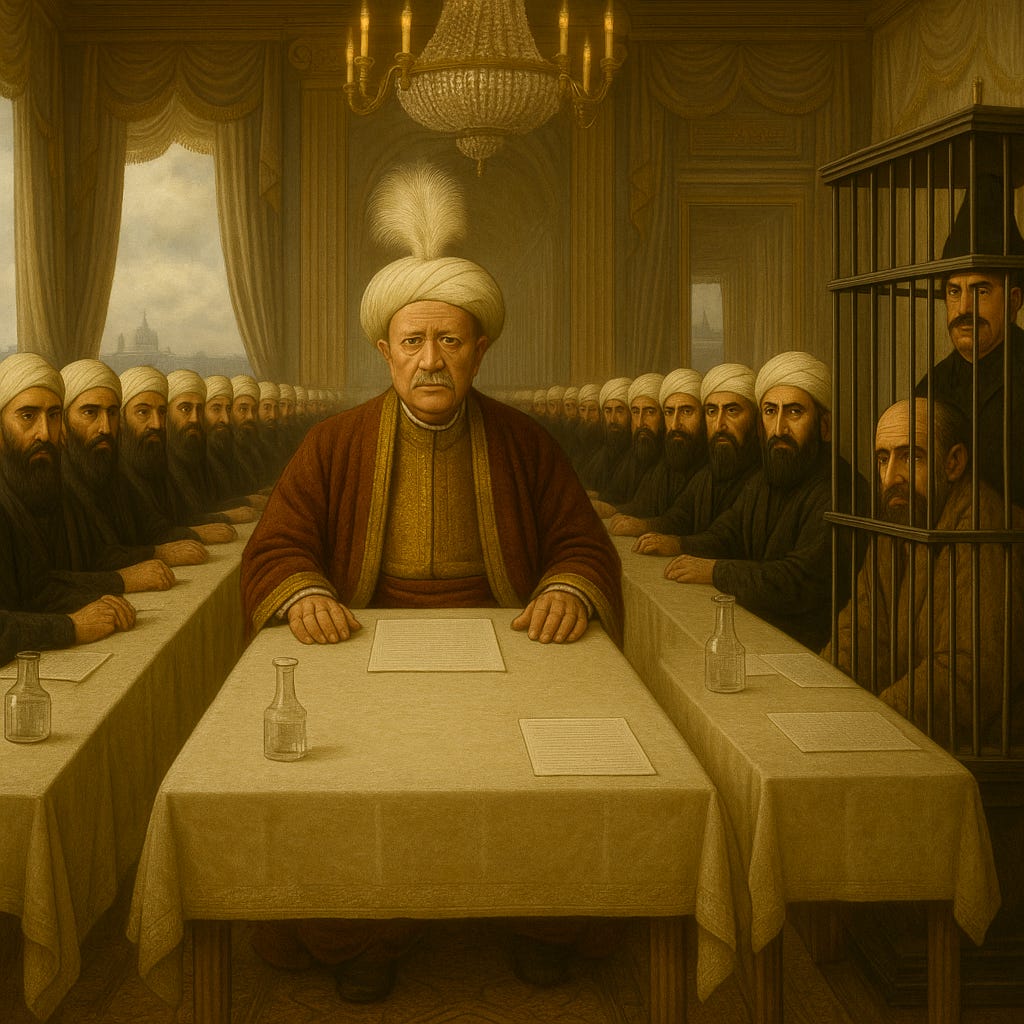
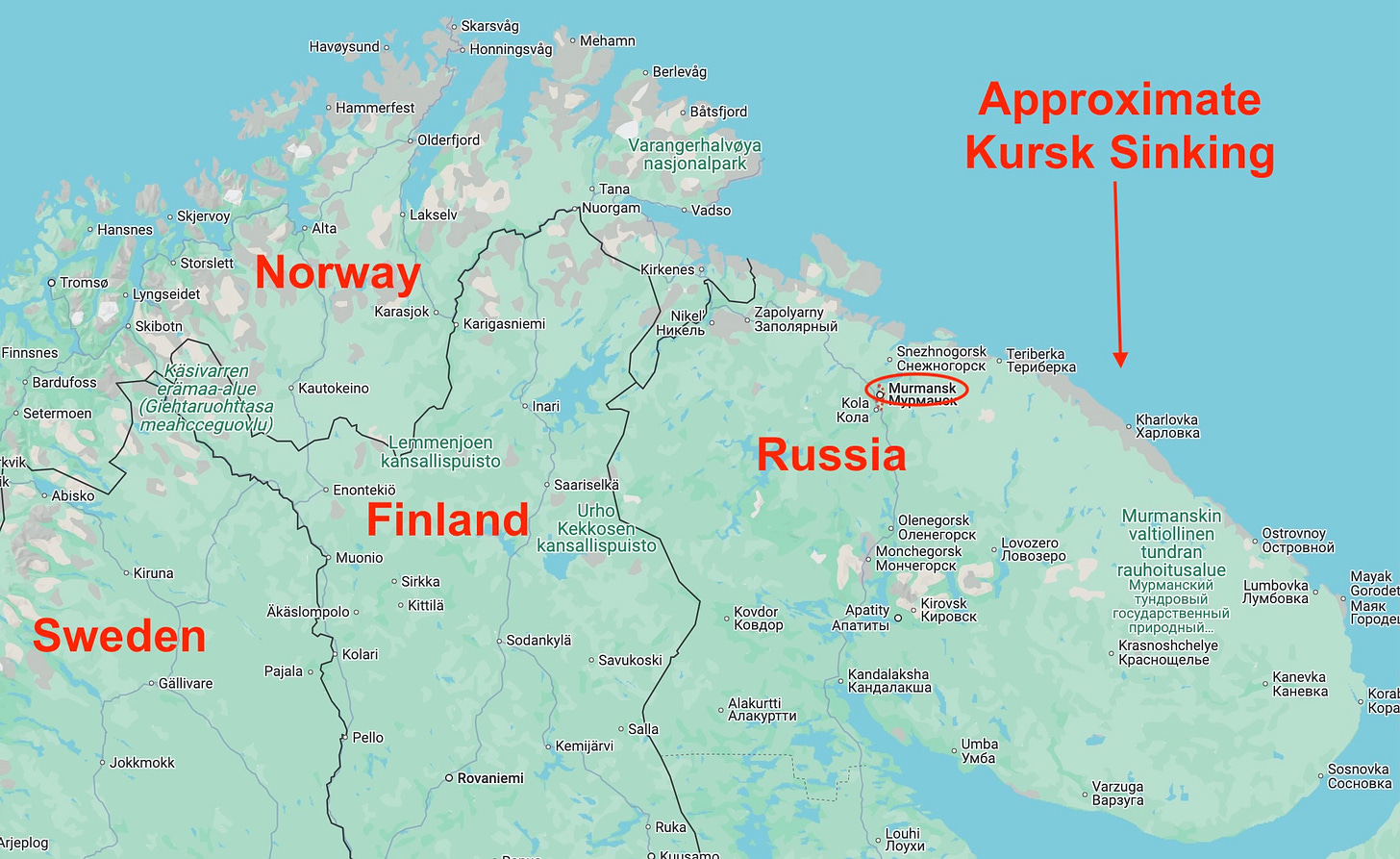
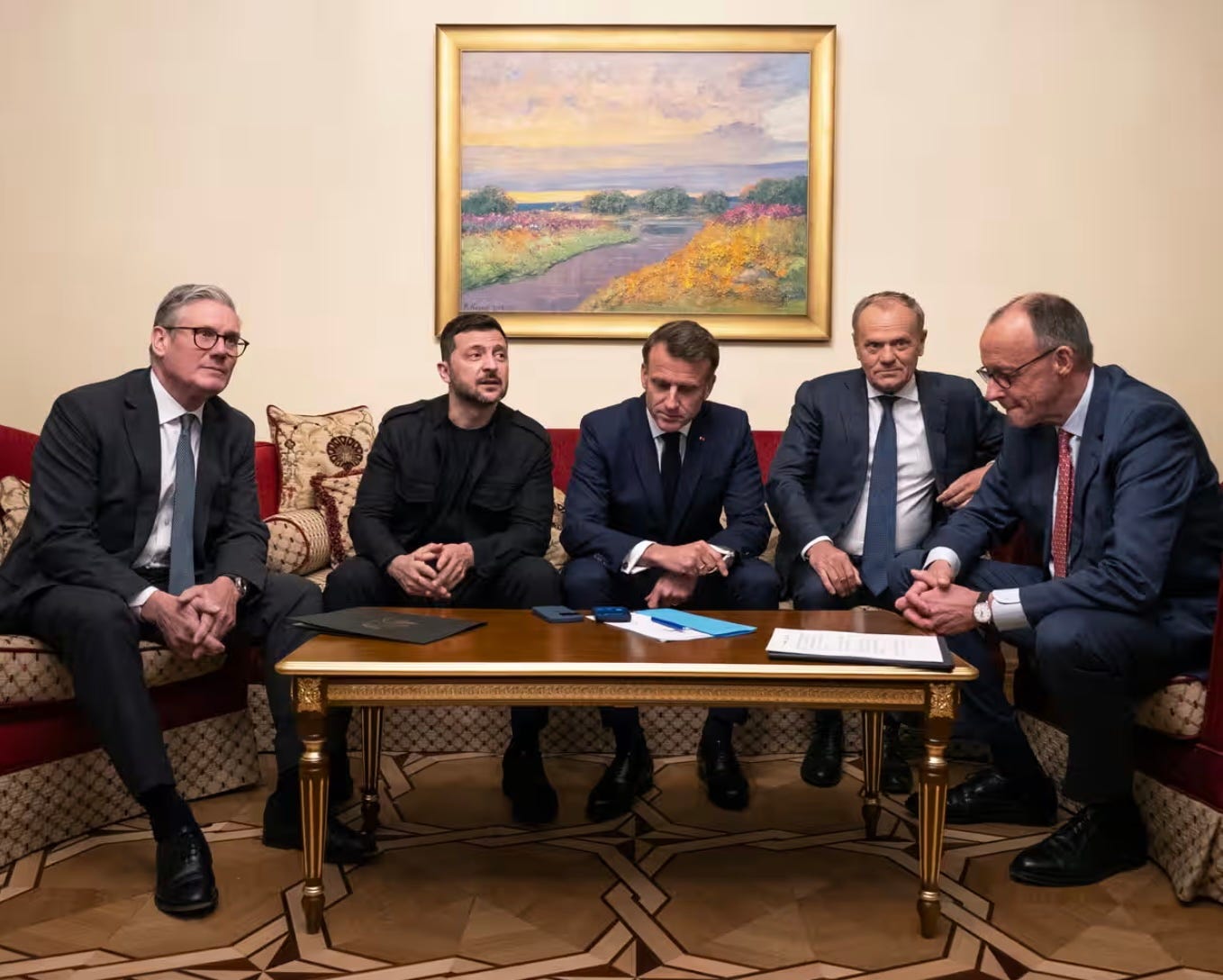

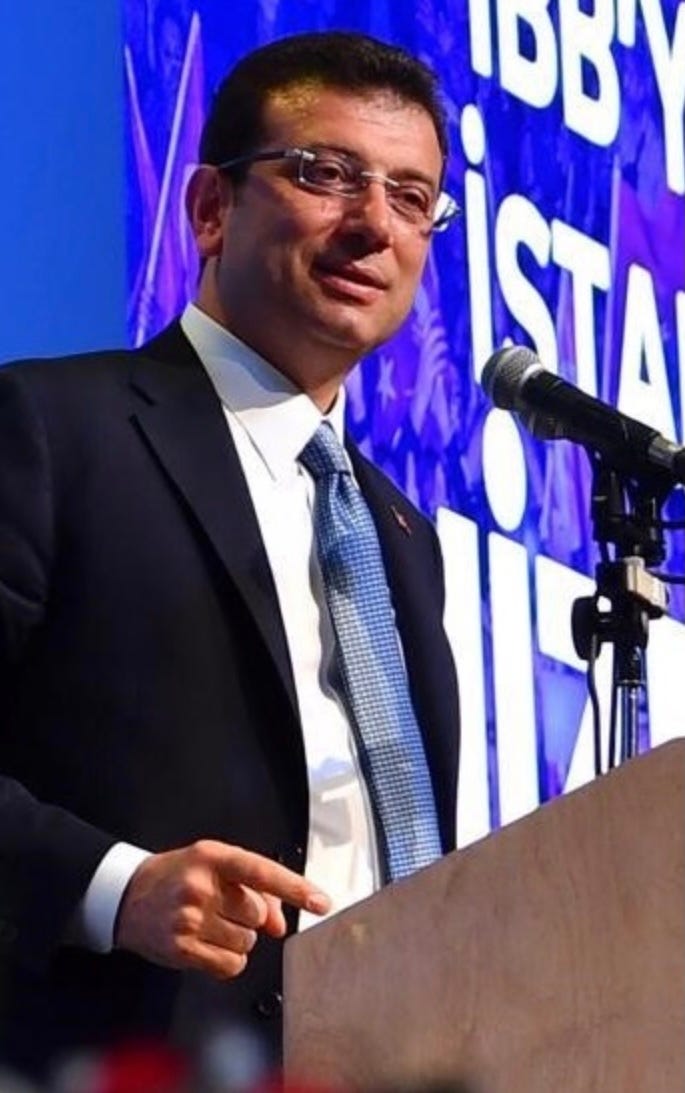

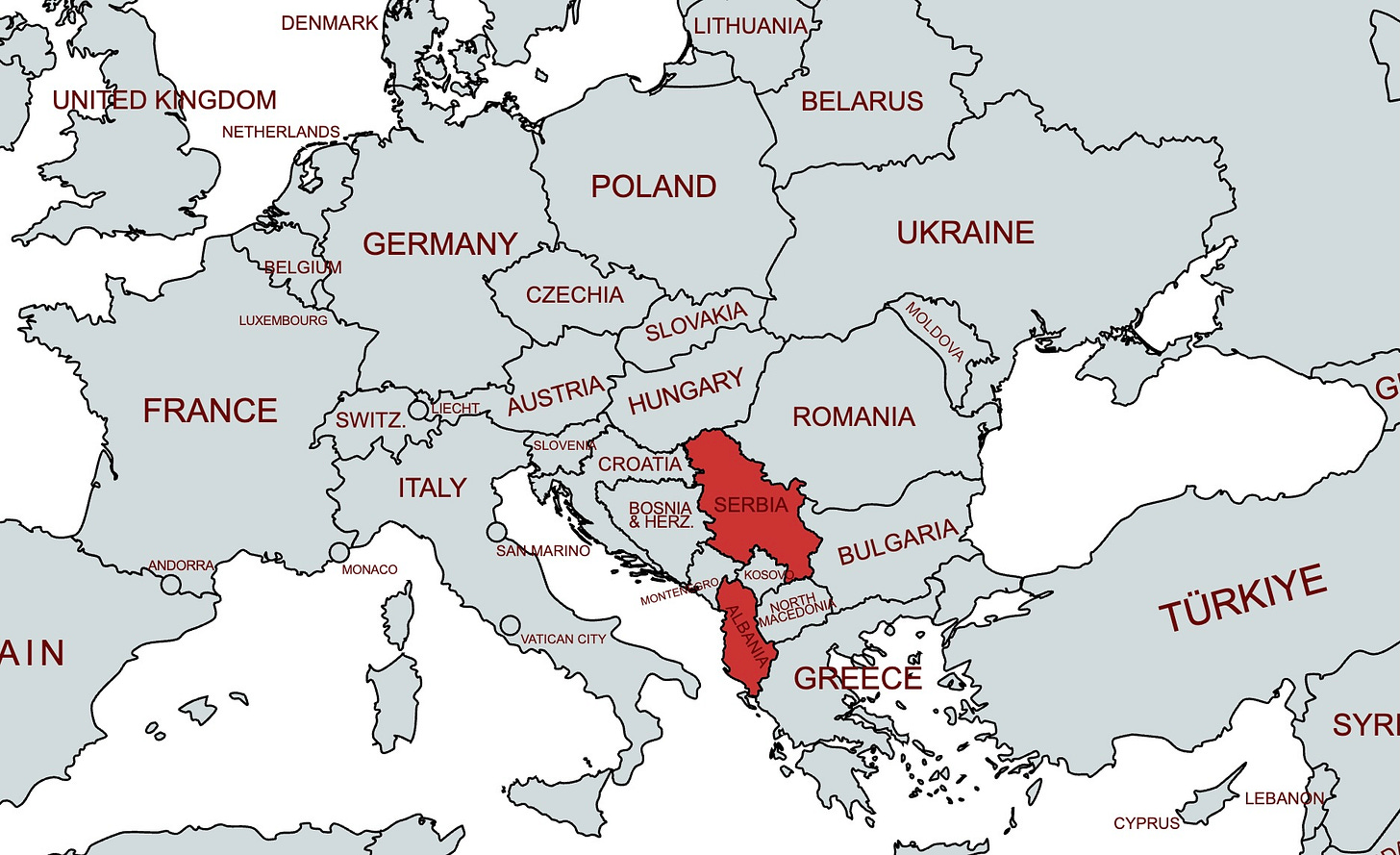
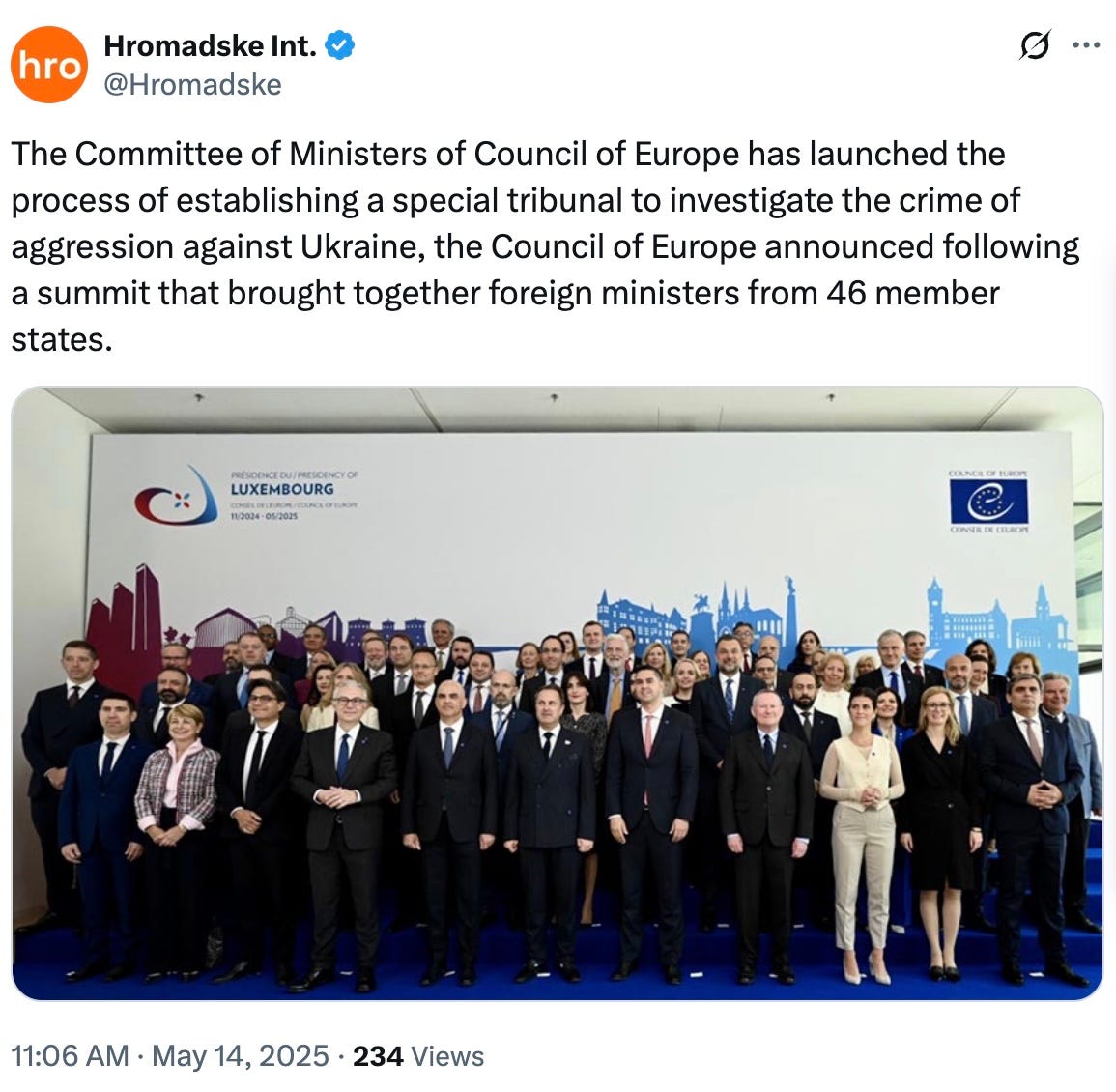

Making world politics fun to read. Well written and factual view of mayhem. Thanks.